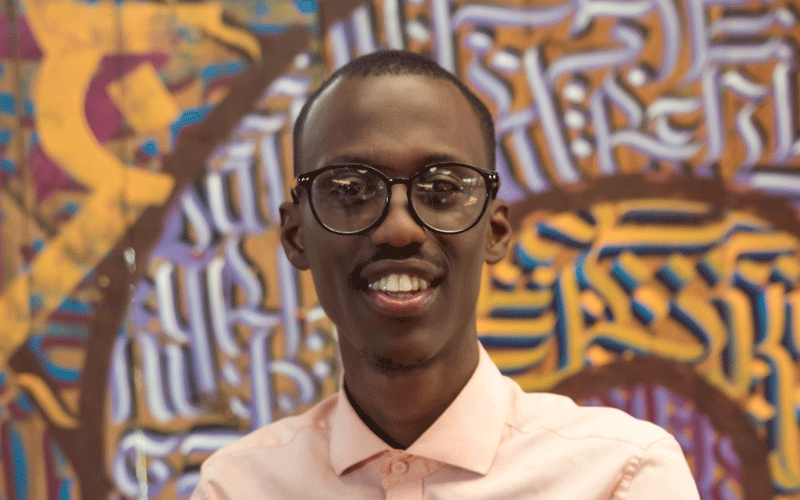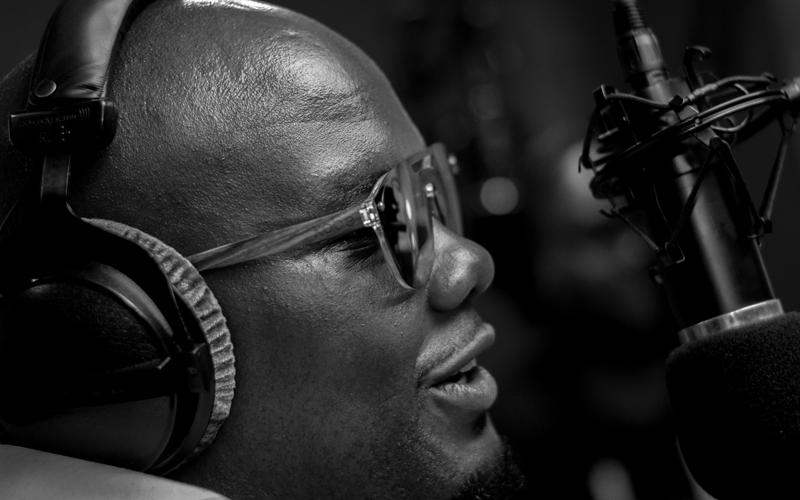Homegrown tech firms coming up with innovative means

Homegrown tech firms are coming up with innovative means to restore financial equity and social parity for local artistes among African contemporaries, writes JACKSON ONYANGO
Kenya faces unique hurdles in music streaming, monitoring, representation, distribution and branding.
The establishment of giant music companies such as Universal Music Group, Sony Music Group, Warner Music Group and Apple Inc, among others, in African countries including Ivory Coast, South Africa, Tanzania, Nigeria and Ghana, has elaborated the stability in their respective music industries and brought in the much desired foreign investment.
The recent opening by Universal Music of a division of Def Jam Africa in Nigeria and South Africa reveals the lucrative opportunities in these precincts, which somewhat reduces Kenya’s music industry to just mere spectators.
The launch by international music streaming site Apple Music in South Africa in 2015 further amplifies the business environment in the continent as feasible.
However, even with all these entries by the giant establishments, still there is room for more local private companies and investors to get involved.

To stir up the entertainment industry’s ecosystems, niche silicon savannah firms such as Mdundo, Sanaa Charts, Mookh, and Camille & Co are stepping in to offer local artistes respite and anchor a revolution in their metrics.
Alongside them is native developing entertainment companies such as Black Market Africa and Callivan Creatives, among a number of other up-and-coming ancillary companies accelerating the industry whilst striving for notoriety.
Before the coronavirus pandemic, artistes relied more on live shows and endorsements to make a living in Kenya. However, the cost of producing internationally digestible artistes is also high.
The chronic non-transparency and pseudo royalty collection institutions and the systems in place currently to assist artistes earn monies has become a pity party for toiling artistes.
“We need new age solutions like digital monitoring. No accountability; transparency and blatant disregard of the law is the order of the day.
Joint collection has been a fight,” lamented singer Willy Paul, who felt the injustice faced by artistes in Kenya is a labour and human right defilement, with some artistes being forced by the status quo to employ other techniques, not related to their music, just to obtain attention and a quick buck. 
According to the Kenya Association of Music Producers (KAMP), there are about 26 recognised sound recording companies in Kenya.
This is marginally low, compared to the large pool of urban, rhythmic and independent artistes circulating on the Internet.
Digital intervention
However, Mdundo Africa head of Artiste and Relations Francis Muchina says despite the lack of an administrative body to recognise and monitor music sales, the company’s primary role is to bridge the gap through its data systems.
“We do not have an equivalent of the Recording Industry Association of America (RIAA) to recognise album sales.
However, at Mdundo, we award and recognise artistes with downloads of above 100,000, 500,000 and one million.
Recipients receive bronze, silver and gold plaques as a way of encouraging the creative,” he says.
In respect to tracking listenership on local broadcasting radio stations, Sanaa Charts is the proposed site for registered artistes to get accurate, transparent, monitored results of how their music performs on the airwaves.
“Sanaa Charts ranks local songs and artistes based on number of plays they got in a given week. 
Our charts reveal the success of a song or artiste in particular radio stations, thus closing the gap between artistes and radio listeners,” says Sanaa Charts co-founder Matthew Wakhungu.
Sites such as e-commerce giants Mookh have also come in handy in giving artistes a ready market for purchase of their musical content where artistes can upload not only their music, but also other products such as merchandise for fans to access through their devices.
Mookh then benefits from a small commission from every purchase as a third-party service provider.
“The reason may be most Kenyans have low disposable income and therefore, if at all they consume music, they consume music on the ‘freemium’ or low cost subscription platforms,” says Muchina.
And artistes can reach audiences beyond their local communities through boutique establishments such as Camille & Co and Greenfield brand agency.
They partner with international firms such as Apple Music, Fader Magazine, Okay Africa, Mavin Records, among others to give artistes a wider reach.



